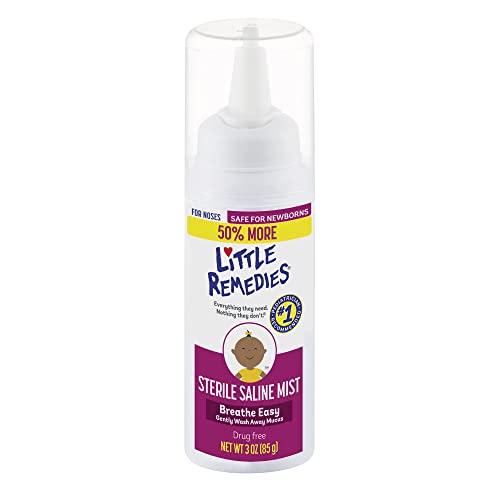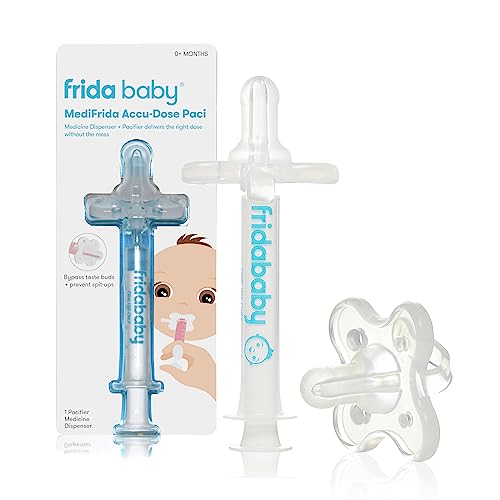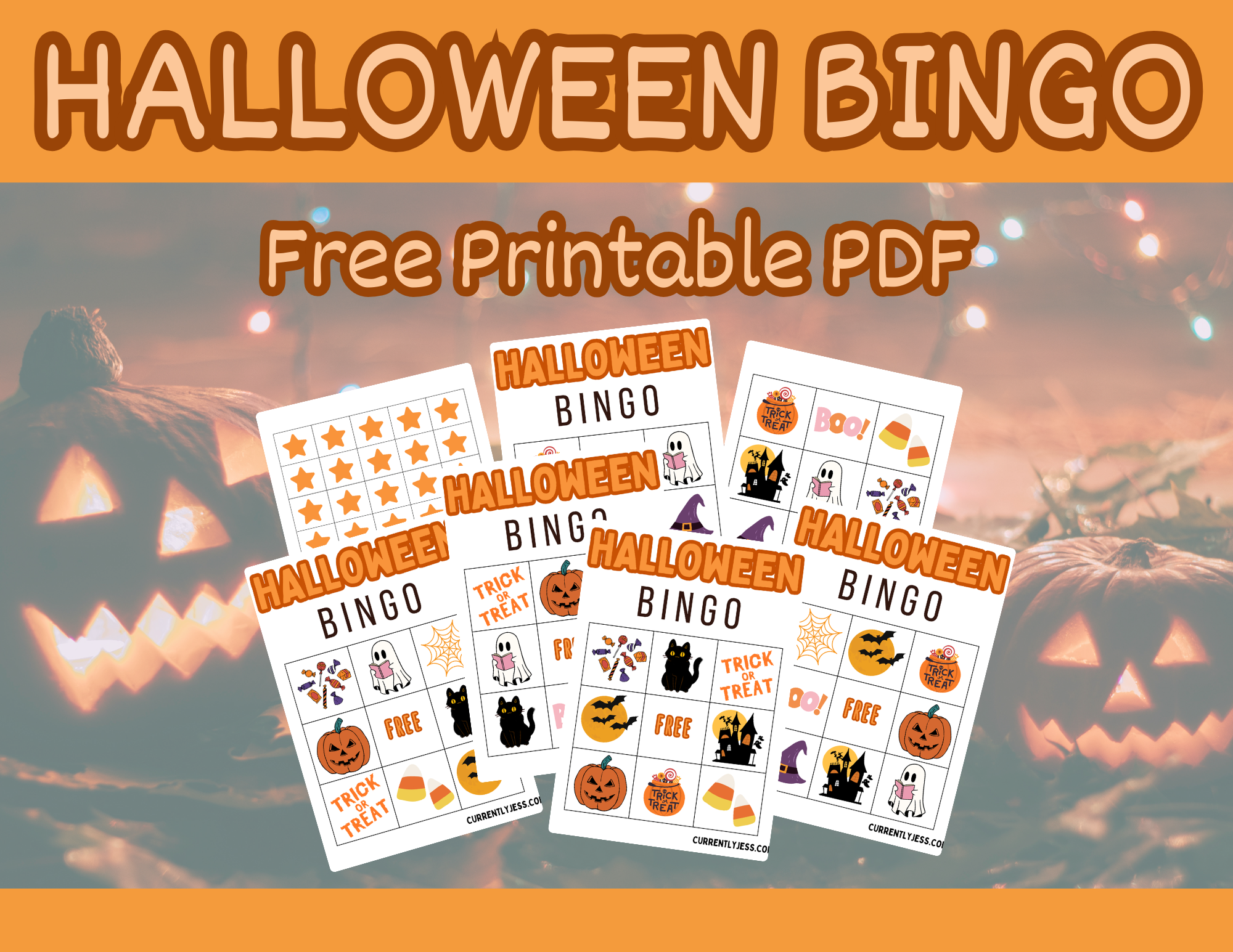Last updated on April 13th, 2025 at 10:01 pm
There’s nothing quite like that 3 a.m. moment when your baby wakes up uncomfortable and you realize you don’t have what you need. I’ll never forget the first time our oldest got sick. It was around 11 p.m., and we had absolutely nothing at home. My husband rushed to the store right before it closed and came back with what looked like the entire baby medicine aisle. Most of it we didn’t even use, but at the time we were just guessing and hoping something would help.
Since then, I’ve learned what’s actually helpful to keep on hand, what gets used regularly, and what is worth buying ahead of time rather than in a panic. This list is everything I personally keep stocked for babies under 12 months. Some of it comes from my background as a nurse, but most of it is what I’ve learned through real-life experience as a mom.
Whether you’re building your baby’s medicine cabinet from scratch or just checking what you already have, this guide will walk you through the essentials so you can feel a little more prepared for whatever the day (or night) brings.

Disclaimer: This post may contain affiliate links. If purchases are made through these links, I may receive a small commission at no additional cost to you. Thank you for supporting this site.
Baby Medicine Cabinet Essentials
Fever and Pain Relief
This is the first part of the medicine cabinet I stocked, and the one I’ve reached for the most. Fevers always seem to show up at night, and having the basics on hand makes a big difference when you’re running on no sleep.
Infant Acetaminophen (Tylenol)
One of the few fever reducers approved for babies under 12 months. I keep at least one unopened bottle in the cabinet at all times.
Mom tip: Children’s and Infant Tylenol have the same concentration (160 mg per 5 mL), but the children’s version is often quite a bit cheaper. As long as you’re using the correct dose and a syringe, it’s a good budget-friendly option. Always check with your pediatrician if you’re not sure what’s safe for your baby.
Digital Thermometer
For babies under 12 months, a rectal thermometer is still considered the most accurate way to check for a fever. It’s not my favorite part of being a mom, but it gives you the clearest reading when it counts. If you prefer a non-invasive option, a temporal (forehead) thermometer can work too, especially for quick checks during the night — just keep in mind it may not be quite as precise.
Infant Motrin
Ibuprofen can be used for babies over 6 months and is especially helpful for reducing inflammation, easing teething pain, or bringing down stubborn fevers. It lasts a little longer than acetaminophen it can be alternated with Tylenol for extra relief during rough nights.
Soothing Upset Stomach
Digestive issues is a common issue for babies starting as soon as a few days old. From gas to fussiness to full-blown stomach bugs, it can be tough to know what’s normal and what to keep on hand. Both of my boys had several stomach issues as in their first six months, so this is an area I’ve definitely had experience with.
These are the things I keep stocked now to help get us through those long, uncomfortable nights.
Gas drops (simethicone)
These were a life saver during the first few months. They help break up gas bubble and ease upset stomachs that cause fussiness in babies, especially when it shows up just after eating.
Gripe Water
Don’t knock it till you try it! I tried these with my first after a few weeks of stomach issues and finally these natural drops did the trick! They calm hiccups, colic, and general fussiness. While they don’t target gas specifically they are worth trying when your baby seems uncomfortable but you’re not sure why.
Pedialyte
While it is rare you would need them, it is stressful if your baby is losing a lot of fluids from vomiting or diarrhea. I often keep a bottle on hand or the powder packets which are good on the shelf for longer.
Probiotic Drops
These quickly became part of our daily routine with both of my boys. They definitely helped with regularity and overall comfort and prevention of further stomach issues.
Cold and Congestion Relief
Babies are nose breathers for the first several months, which makes even a mildly stuffy nose feel like a big deal. When their tiny noses are congested, it can affect how they sleep, feed, and settle. They aren’t able to clear it on their own, so having a few simple tools on hand can make a tough night a lot easier.
Nasal aspirator
Whether you go with a manual aspirator like the NoseFrida or an electric one, a good nasal aspirator is something you don’t realize you need until your baby is too congested to sleep or eat. The manual kind might seem a little gross at first, but it’s surprisingly effective and totally worth it. Electric ones are great too, especially if you want something quick and hands-free. Either way, having one ready can make a big difference when your baby is struggling to breathe comfortably.
Saline spray or drops
Saline helps loosen dried mucus and makes using an aspirator more effective. I keep a bottle in the diaper caddy and another on my night stand so I’m not hunting one down when the congestion hits.
Baby-safe chest rub
Look for one that’s made for infants with gentle ingredients like eucalyptus or lavender. It’s not a cure-all, but it can help soothe a fussy baby and ease some of that nighttime discomfort.
Humidifier
If you don’t already have one, this is a great tool to run in the nursery when your baby is stuffy or sick. It keeps the air moist, which helps ease breathing and prevents dry nasal passages.
Skin and Rashes
Baby skin is sensitive, and things like rashes, dry patches, and tiny scratches tend to show up overnight. Most of the time it’s nothing serious, but having a few basics on hand can help soothe irritation before it gets worse.
Diaper Rash Cream
Even with frequent changes, most babies will deal with diaper rash at some point. A good barrier cream can help clear it up fast and prevent it from getting more uncomfortable.
Baby Lotion
Dry skin is super common, especially in colder months or after baths. A gentle, fragrance-free lotion can help keep their skin soft and prevent irritation. These are my two favorites:
Infant Nail File
I made the mistake of using regular baby nail clippers with my first and accidentally nicked his tiny finger. I felt awful, and honestly, I haven’t used them since. Now I stick with a gentle baby nail file which is way easier in my opinion and way less stressful and safer, especially in those early weeks.
Bath Thermometer
A baby bath thermometer helps take the guesswork out of water temperature, especially when you’re still getting used to bath time.
Tools and Extras
These are the little things that might not seem important until you’re in the middle of a situation and really need them. I keep all of these in one spot so I’m not scrambling when it matters.
Medicine syringe or dropper
Most medications come with their own dropped but some of them are really hard to clean and honestly they get misplaced frequently. It doesn’t hurt to have an extra syringe or dropper just in case.
Small bin or caddy
Keeping everything in one place makes it easy to find what you need fast. I use a small plastic bin that fits in our bathroom cabinet so I’m not digging through drawers during a 3 a.m. fever.
Emergency contact list
It seems simple, but having your pediatrician’s number, after-hours line, and poison control info written down and easy to find is something you’ll be grateful for when you’re sleep-deprived and need answers fast.
Final Thoughts on Baby Medicine Cabinet Essentials
You don’t need to have a huge stockpile, but having a few key things ready can make a big difference when your baby isn’t feeling well. Those middle-of-the-night moments are hard enough, and it helps to know you have what you need close by.
Most of the items on this list come from my own experience with both of my boys. I’ve learned what actually gets used, what’s worth keeping on hand, and what helps bring a little peace of mind when things feel a bit out of control.
If this post was helpful, feel free to bookmark it or share it with a friend who’s building their own baby medicine cabinet. And if you want more baby care tips, you can always check out my latest posts here on the blog.

































